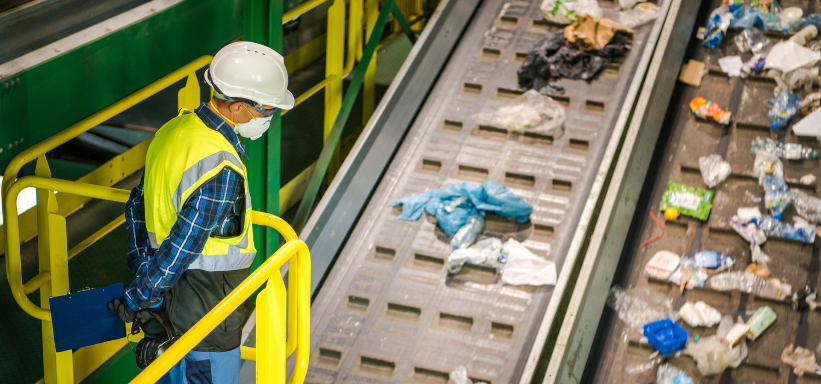Executive Summary
- Learn why sustainable waste management is a priority for UAE startups.
- Explore innovative solutions tailored for small and growing businesses.
- Understand the practical benefits and real-world challenges of implementation.
- Gain insights from local success stories and expert advice.
- Access tools, checklists, and resources to support your waste management plan.
Introduction
In the UAE’s rapidly developing ecosystem, startups face a dual responsibility — scaling their operations while staying sustainable.
One area that demands urgent attention is waste management. As environmental concerns rise and regulations tighten, adopting smart waste strategies is no longer optional.
This article outlines innovative waste management approaches for UAE startups that want to stay compliant, cut costs, and build an eco-conscious brand identity from day one.

What is Waste Management?
Waste management involves the collection, processing, recycling, or disposal of materials generated during business operations.
Why it matters in the UAE
With one of the world’s highest per capita waste generation rates, the UAE government has taken a firm stance on sustainability — pushing startups and corporates alike to rethink waste.
Startups & Sustainability
Integrating sustainable practices early gives startups a long-term competitive edge and positions them as responsible market players.
Benefits of Smart Waste Management
- Regulatory Compliance
Stay aligned with UAE Vision 2031 and emirate-specific waste mandates. - Cost Reduction
Save on landfill fees, utility bills, and raw material costs through recycling and reuse. - Stronger Brand Image
Attract eco-conscious customers, partners, and investors. - Boost Innovation
Sustainability drives creativity — from packaging alternatives to product lifecycle strategies.
Common Challenges for Startups
- High Upfront Investment
Some technologies and systems require significant initial capital. - Operational Shifts
Implementing new waste protocols may temporarily disrupt workflows. - Regulatory Navigation
The legal landscape can be complex, particularly for cross-emirate operations.
How to Create a Startup Waste Management Plan
- Audit Your Waste
Identify the types and volume of waste your business generates. - Set SMART Goals
Define specific, measurable targets for waste reduction and recycling. - Design a Strategy
Incorporate separation bins, composting, and digital tracking systems into your workflows. - Involve Your Team
Create a sustainability culture by engaging employees and partners. - Measure and Improve
Use KPIs and feedback to refine your strategy continuously.
GreenTech, a UAE-based startup, tackled their packaging waste problem by installing AI-powered sorting bins and sourcing biodegradable materials.
Results:
- 30% cost savings on disposal
- 50% increase in brand mentions online
- Attracted a new segment of eco-conscious clients
This transformation shows how the right solution can pay off on multiple fronts.
GreenTech Solutions LLC–
Expert Tips from Epiidosis
“Don’t reinvent the wheel. Collaborate with local waste firms and leverage existing infrastructure to scale faster.”
— Epiidosis Strategy Desk
- Use IoT tech for real-time waste tracking
- Outsource non-core processes to sustainability partners
- Align your plan with investor ESG expectations
Tools and Resources
- Startup Waste Management Checklist
Ensure your plan is complete and compliant from day one. - Cost-Benefit Calculator
Analyze ROI of recycling programs and digital monitoring tools. - UAE Government Portals
MOCCAE.gov.ae and local municipal sites provide updated guidelines, permits, and CSR alignment tools.
Conclusion
Startups in the UAE have a unique opportunity — to lead the sustainability movement while building scalable, efficient businesses.
Innovative waste management is more than compliance; it’s a growth accelerator.
With the right strategy, tools, and expert guidance, even small startups can make a big impact.



